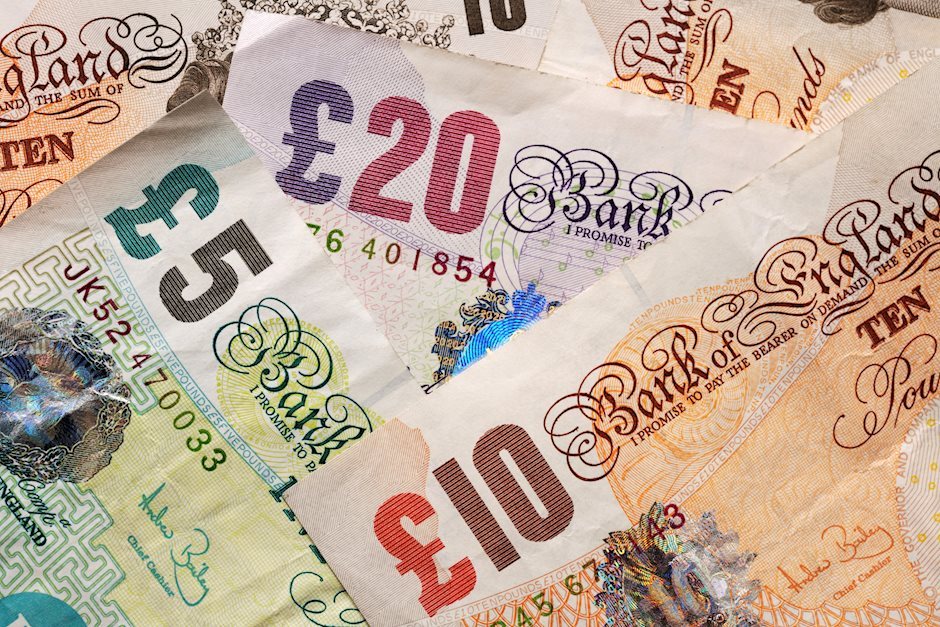Sterling falls below $1.20 ahead of Theresa May’s speech tomorrow

Today's Highlights
-
Sterling falls below $1.20 ahead of Theresa May's speech tomorrow
-
Donald Trump: The 'UK is doing great' following its vote to leave the EU
-
European Central Bank to extend Quantitative Easing until December 2017
Current Market Overview
As we anticipated towards the end of last week, the Pound has hit its lowest level for more than three months on more reports Britain was set to quit the EU single market as part of its Brexit plans. Sterling fell below $1.20, before bouncing back slightly this morning. The Pound also dropped to a two-month low against the Euro, falling more than 1% to about €1.13 in Asian trading. Analysts said traders were reacting to reports that UK Prime Minister, Theresa May, would use a speech on Tuesday to signal a so-called "Hard Brexit". It is the first occasion when we will get a clearer view of how the government plans to leave the EU. Reports have suggested Mrs May will signal pulling out of the EU single market and Customs Union, although Downing Street described this as "speculation". The Pound has fallen about 20% against the US Dollar since June's EU Referendum, to lows last regularly seen in 1985.
Much of the currency volatility has been due to uncertainty about the economic impact if the UK gives up its tariff-free access to the EU. While Mrs May has said she will trigger Article 50 by the end of March, starting the formal withdrawal from the EU, few details of the kind of deal she will seek have been revealed. Several of Sunday's newspapers claimed Mrs May would this week outline a "hard Brexit" approach – expect a tough few days for the Pound.
The UK is "doing great" following its vote to leave the EU, US President-Elect, Donald Trump, has said. In his first UK interview, with former Justice Secretary Michael Gove for The Times, Mr Trump said he thought the UK was "so smart in getting out". He also criticised "obsolete" NATO and German Chancellor Angela Merkel's immigration policies. Speaking about a potential US-UK trade deal, he said: "We're going to work very hard to get it done quickly and done properly. Good for both sides." Mr Trump promised a quick trade deal between the US and the UK after he takes office on Friday. Ordinarily, we’d hope the Pound to rally on this news, however, that was not the case this weekend.
Meanwhile, the US Dollar recovered mildly today as focus turns to President-Elect Donald Trump's Inauguration on Friday, 20th January. While this would usually be mostly a ceremonial occasion, Trump could make use of the opportunity to outline his priorities and policies on taxes, trade and immigration. Markets will also watch closely for comments and announcement from Trump’s Administration, on issues regarding trade and legislation, in following days.
Looking ahead, the Bank of Canada and the European Central Bank (ECB) will meet this week and this will likely be non-event. Indeed, the ECB just announced that they plan to extend their Quantitative Easing measures until December 2017, but lower the pace to 60 Billion Euros per month from April 2017.
There will be a number of key data releases from UK this week, including Consumer Producer Indices and Employment data. The Federal Reserve will release The Beige Book economic report. Australian traders will look into Employment data and a string of releases from China on Friday.
Commentary from the Halo Financial Team. Need a trusted FX broker? Register today for more insights and strategies.
Author

Halo Financial Team
Halo Financial

















